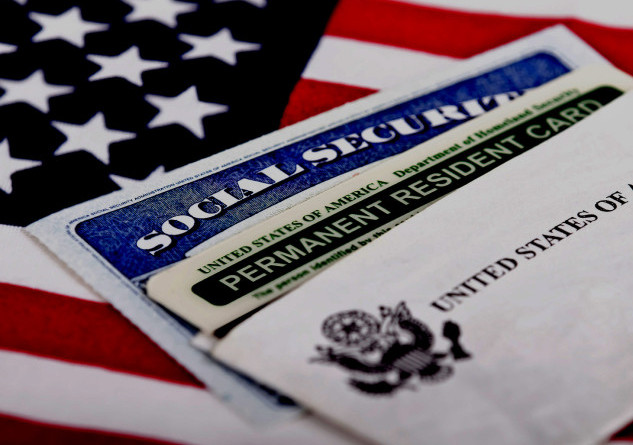By Raul Ray, Esq.
Naturalization is the process by which U.S. citizenship is granted to a foreign citizen or national after he or she fulfills the eligibility requirements pursuant to the Immigration and Nationality Act (INA). Applicants granted U.S. citizenship are able to vote in federal elections and apply for job openings with the U.S. Federal Government. These are just some of the benefits of becoming a U.S. citizen.
• In order to apply for naturalization, an applicant must be at least eighteen years old and must produce proof of being a lawful permanent resident of the United States.
• Applicants must have resided continuously in the U.S.A. as a lawful permanent resident for the last five years immediately prior to applying for naturalization or for the 3 years if the applicant is married to a U.S. citizen.
In addition, applicants must have been physically present in the United States for at least thirty months out of the previous 60 months or 18 months out of the previous 36 months if the applicant is married to a U.S. citizen. Applicants must live in their district or state for at least 3 months prior to applying for naturalization.
• An applicant must be a person of good moral character. The commission of certain crimes, lying to gain an immigration benefit or failing to pay court ordered child support or alimony or failing to pay taxes are just some examples of the problems that could cause an applicant to be ineligible for naturalization.
• Applicants must also demonstrate a basic understanding of the English language, including the ability to read, write and speak simple English. They must also pass a test on United States History and Civics. Applicants who are 50 years of age and have held permanent resident status for at least 20 years or who are 55 years of age and have held permanent resident status for at least 15 years do not have to take the English test.
• Applicants will still need to take the civics test but can do so in their own native language such as Spanish.
Applicants who are 65 years of age and have held permanent resident status for at least 20 years do not have to take the English test but still are required to take an easier civics test in their native language.
• Applicants with a physical or developmental disability or mental impairment which prevents them from being able to learn English and civics or demonstrate knowledge of these requirements can apply for a medical exception from having to take the English and civics tests.
• Finally, applicants must prove that they are attached to principles of the United States and swear allegiance to the United States.
To apply for naturalization, you can visit the government website at uscis.gov and download the Form N-400, Application for Naturalization. The filing fee is $680.00 which includes an $85.00 fee for biometrics. Applicants 75 years of age or older are not charged a biometric fee so the total fee would be $595. There is no filing fee for certain military applicants. An naturalization interview is generally scheduled anywhere from 4-6 months after the N400 application is filed with the United States Citizenship and Immigration Service, (USCIS), and after applicants have taken their biometrics.
Remember contact ONLY a qualified immigration lawyer or an accredited representative for legal advice or immigration relief concerning your case. We will continue to keep you apprised on the very latest immigration news around the country.
For more information please feel free to contact Raul Ray, Attorney at Law, at Law Offices of Raul Ray, (408)279-5793, 1671 The Alameda, Suite 200, San Jose, CA 95126. Email: raylawfirm@aol.com.






